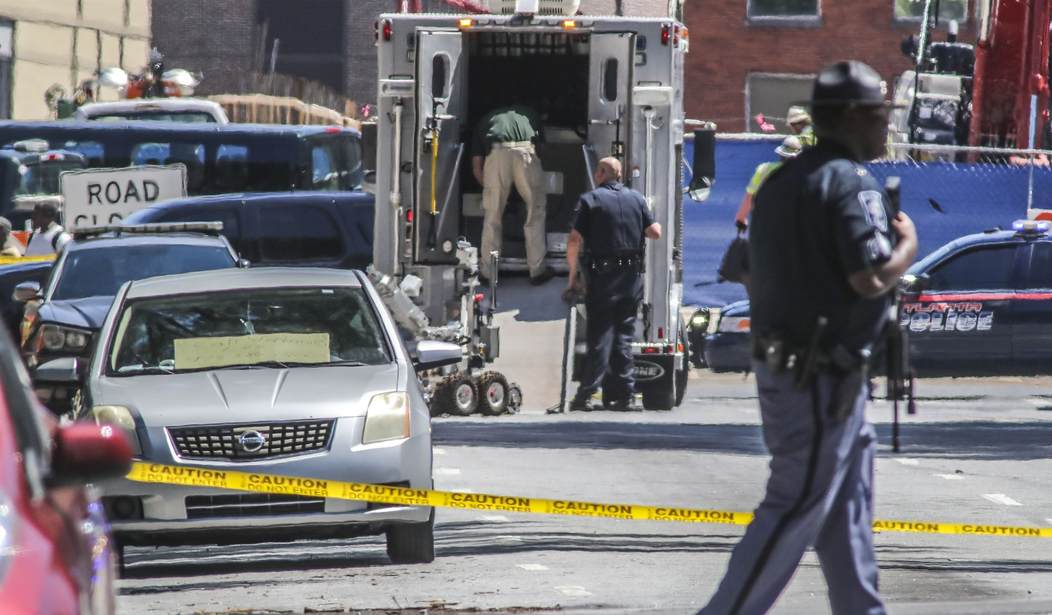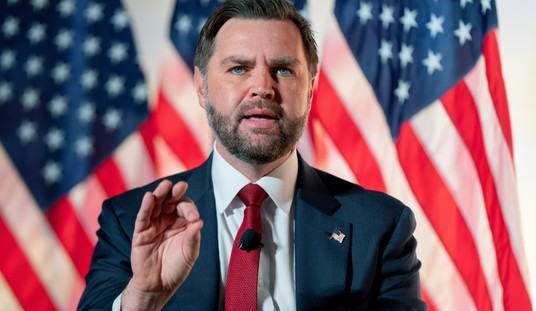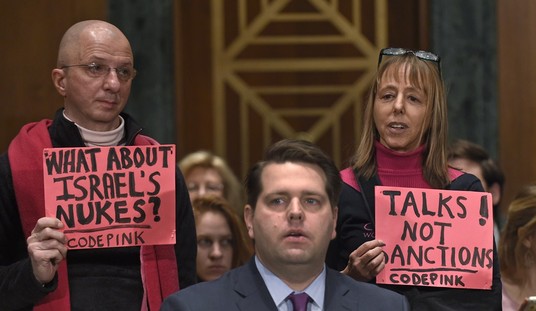The establishment of a public safety training center, known as “Cop City,” in Atlanta, Georgia has ignited a fierce debate among city officials, law enforcement agencies, and community activists. Tensions have been continually inflamed with people arguing for and against the idea.
There have already been several protests, one of which turned deadly earlier this year. The question is: What’s the right move here?
Cop City is the proposed public safety training center in Atlanta. The center, which is expected to cost about $90 million and occupy 85 acres, is intended to be a specialized facility where law enforcement and fire department personnel can receive advanced training.
The center is expected to include various amenities, such as an auditorium for police, fire, and public use, a mock city for burn building training and urban police training, an Emergency Vehicle Operator Course for emergency vehicle driver training, and a K-9 unit kennel and training area. The city’s stated objective is to provide modern training methods rooted in community engagement, neighborhood sensitivity, and civil rights, aiming to enhance the skills and professionalism of public safety personnel.
Ever since the city’s project was announced, leftist protesters have been demonstrating against it. The demonstrators, at least some of whom are aligned with the Antifa movement, camped out in the area seeking to prevent construction of the site. Last May some of the activists attacked members of law enforcement and threw Molotov cocktails at them. RedState’s Nick Arama reported that police arrested six of these individuals.
In January 2023, another confrontation became even more violent. As law enforcement conducted a “clearing operation” near the site, one of the protesters fired a gun and hit one of the officers. The police returned fire, killing the suspected assailant.
But most of those opposing the creation of the facility have done so through legal and nonviolent means. On Monday, 300 Atlanta residents spoke at a City Council meeting to voice their concerns about Cop City.
“I can’t support something where we’re putting all of this funding into tearing down the forest for a training center in urban warfare,” a protester told WSB Radio.
Those supporting the building of Cop City, including city officials, Mayor Andre Dickens, and the Atlanta Police Foundation, argue that the training center will have significant benefits for law enforcement and the community. They emphasize that the facility will provide specialized training for police and fire department personnel, enabling them to enhance their skills, improve public safety, and lower the crime rate.
Proponents contend that the center will serve as a hub for training in community engagement, neighborhood sensitivity, and the protection of civil rights. They believe that by investing in modern facilities and up-to-date training methods, the center will promote professionalism and accountability among law enforcement officers.
Additionally, supporters of Cop City argue that the facility will contribute to the recruitment and retention of qualified public safety personnel. By offering state-of-the-art training opportunities, the center aims to boost morale and create an attractive environment for those considering a career in law enforcement or firefighting.
The argument here is that by investing in the professional development of officers, the city can improve the quality of its public safety services, leading to safer communities and improved relationships between law enforcement and residents.
However, many Atlanta residents are not convinced.
Critics of Cop City have expressed concerns about the project. They argue that the size of the facility, spanning over 85 acres, could encroach upon a significant forest area in Atlanta. They argue this loss of greenspace raises environmental concerns and threatens the ecosystem.
Opponents further argue that Cop City, with its “mock city” for urban police training and burn building exercises, could also portend a militaristic approach to policing. They contend that such training scenarios could perpetuate aggressive and confrontational tactics, which may disproportionately impact marginalized communities and exacerbate existing tensions between law enforcement and residents. Critics argue that instead of investing so heavily in training for urban warfare, resources should be directed toward community-oriented policing strategies that prioritize trust-building, de-escalation techniques, and alternatives to incarceration.
In response to the widespread opposition, Atlanta city officials have faced significant pressure to reconsider the project. However, Mayor Dickens has maintained his support for the training center, emphasizing the inclusion of greenspace and the overall benefits it will bring to the city’s public safety efforts.
As the debate over Cop City continues, it is evident that differing perspectives and deeply held convictions drive the arguments for and against the establishment of the training center. Supporters believe in the potential for improved policing through enhanced training, while critics fear the ramifications of militarization and its impact on marginalized communities.
It is not clear what the average Atlanta resident thinks about the new facility, but judging from the turnout at the City Council meeting, it is apparent that many have concerns about how it could impact policing in their communities.












